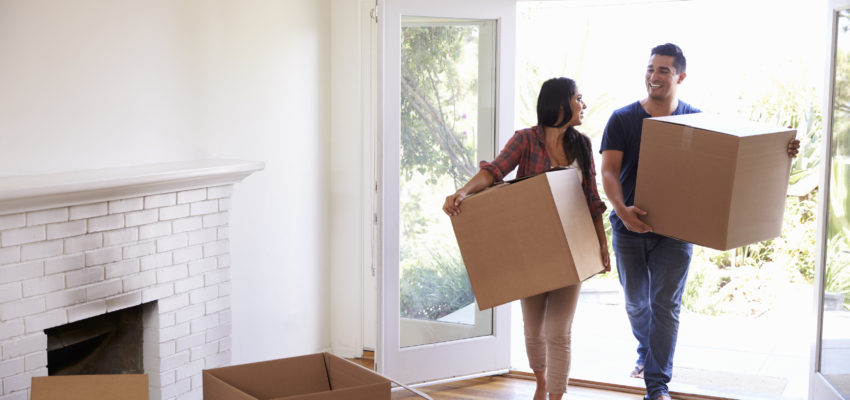How much homeowners insurance do I need and how does it cover me?

At Bearingstar, we understand there are is a lot to consider when it comes to homeowners insurance. There are many factors that can lead to being under-insured, including rising labor and construction costs, remodeling or additions since the policy was purchased, and inaccurate property assessments.
To make sure you and your home are covered, we’ve put together a guide on what factors go into determining how much home insurance you need and what is covered in a typical homeowners policy.
The structure of your home – Dwelling Coverage or Coverage A
Dwelling coverage is the part of your home insurance that pays to repair or rebuild your home’s physical structure (think: walls, floors, roof, windows, and support beams) when a covered incident damages it. The amount of dwelling coverage you need depends on the cost to rebuild your home (including labor and materials) if the house is completely destroyed by a covered event.
Keep in mind the amount needed to rebuild your home may be more or less than the market value or purchase price. It can depend on when you purchased the home, current property values, inflation, and other factors. It can cost more to rebuild a home, especially after a local disaster that may drive up labor and material costs.
Other structures & outbuildings – Coverage B
This includes detached-garages, fences, sheds on your property not directly attached to the structure of your home. Other structures coverage is usually automatically calculated as 10 percent of the main structure. In other words, if your house is insured for $200,000, you’ll typically have $20,000 in protection for your shed, fence, etc. You can adjust this amount to more than 10 percent if you need extra protection.
Your personal belongings – Coverage C
Furniture, electronics and clothing, are examples of personal items. You should have enough personal property coverage to replace all your belongings if they were to be destroyed, stolen, or vandalized. If you have really valuable belongings, like fine jewelry, art, furs, coin collections, wine collection, or antiques, you may want to look into scheduling these items. Scheduling your property allows you to protect these items for the amount they’re worth. Typically, this can be done without drastically increasing your overall premium.
Loss of use – Coverage D
Coverage D can help pay for the additional costs you might incur for reasonable housing. Say your home is damaged by a fire, and you can’t live there while repairs are underway, the expense of living in a hotel (of reasonable accommodation) would be covered. Coverage D in your home insurance policy can pay for additional living expenses up to the stated limit on your policy.
Personal Liability – Coverage E
Personal liability insurance is the part of your home insurance policy that steps in when someone makes a claim or sues you over bodily harm or property loss you caused. Think dog bites, a visitor getting injured or pool accidents.
Umbrella Insurance
Umbrellas are not part of a standard policy. They can be purchased and added to your policy. Lawsuits are expensive. If you’re found liable for injuries or property damage, your assets can be collected (including college or retirement funds) and wages can be garnished if you don’t have enough insurance to cover what you owe. To best protect your assets, consider an umbrella policy for additional liability protection without adding much to your premium.
What a Standard Home Owners Policy Typically Doesn’t Cover
- Earthquakes / earth movement (sinkholes)
- Floods
- General wear and tear
- Lack of regular and proper maintenance
- Infestations
- War and/or nuclear hazards
- Intentional loss
- Smog, rust, corrosion, and rot
- Settling, expansion, shrinking or bulging
It is so important to be sure your home is not underinsured. Your insurance is only worthwhile if you can depend on it in times of upheaval. It’s essential for your insurance agent to consider everything inside and outside of your home in order to ensure that the valuation for your home is spot-on. Work with a Bearingstar agent today to get the expert guidance you deserve.
Contact us today for a free quote!
Back to Blog